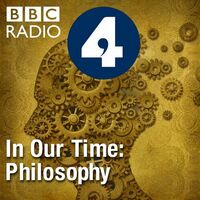Total duration:34 h 57 min
|
|
|
59:02
|
|
|
|
50:50
|
|
|
|
53:16
|
|
|
|
58:12
|
|
|
|
53:59
|
|
|
|
50:31
|
|
|
|
55:32
|
|
|
|
52:01
|
|
|
|
54:45
|
|
|
|
51:20
|
|
|
|
57:33
|
|
|
|
53:35
|
|
|
|
60:39
|
|
|
|
54:15
|
|
|
|
52:25
|
|
|
|
56:32
|
|
|
|
52:38
|
|
|
|
56:09
|
|
|
|
50:32
|
|
|
|
50:03
|
|
|
|
54:25
|
|
|
|
53:17
|
|
|
|
52:36
|
|
|
|
51:34
|
|
|
|
48:17
|
|
|
|
51:41
|
|
|
|
51:20
|
|
|
|
50:33
|
|
|
|
50:10
|
|
|
|
53:01
|
|
|
|
50:42
|
|
|
|
49:59
|
|
|
|
50:51
|
|
|
|
47:55
|
|
|
|
48:23
|
|
|
|
49:16
|
|
|
|
49:29
|
|
|
|
48:43
|
|
|
|
50:33
|
|
|
|
51:25
|

